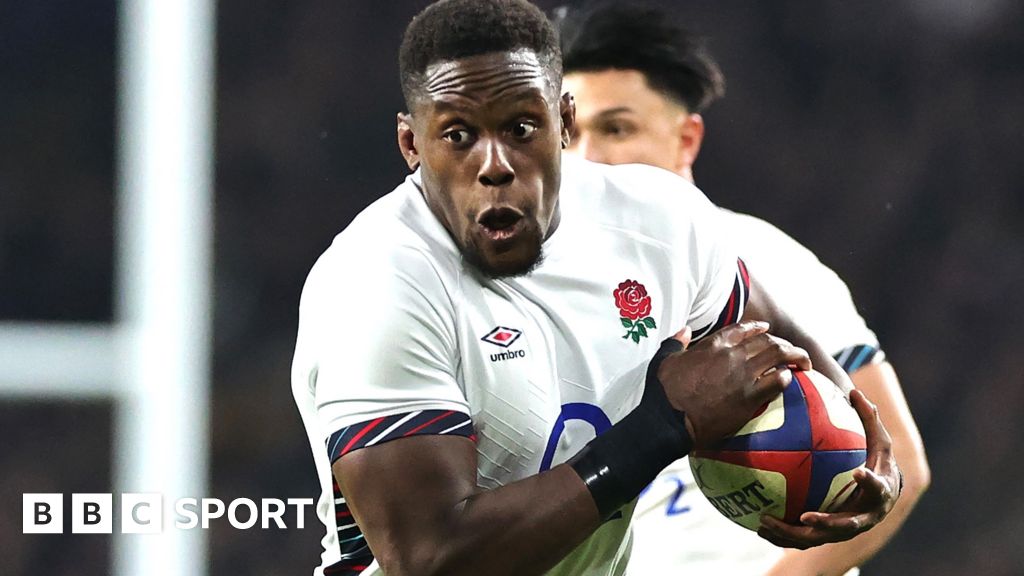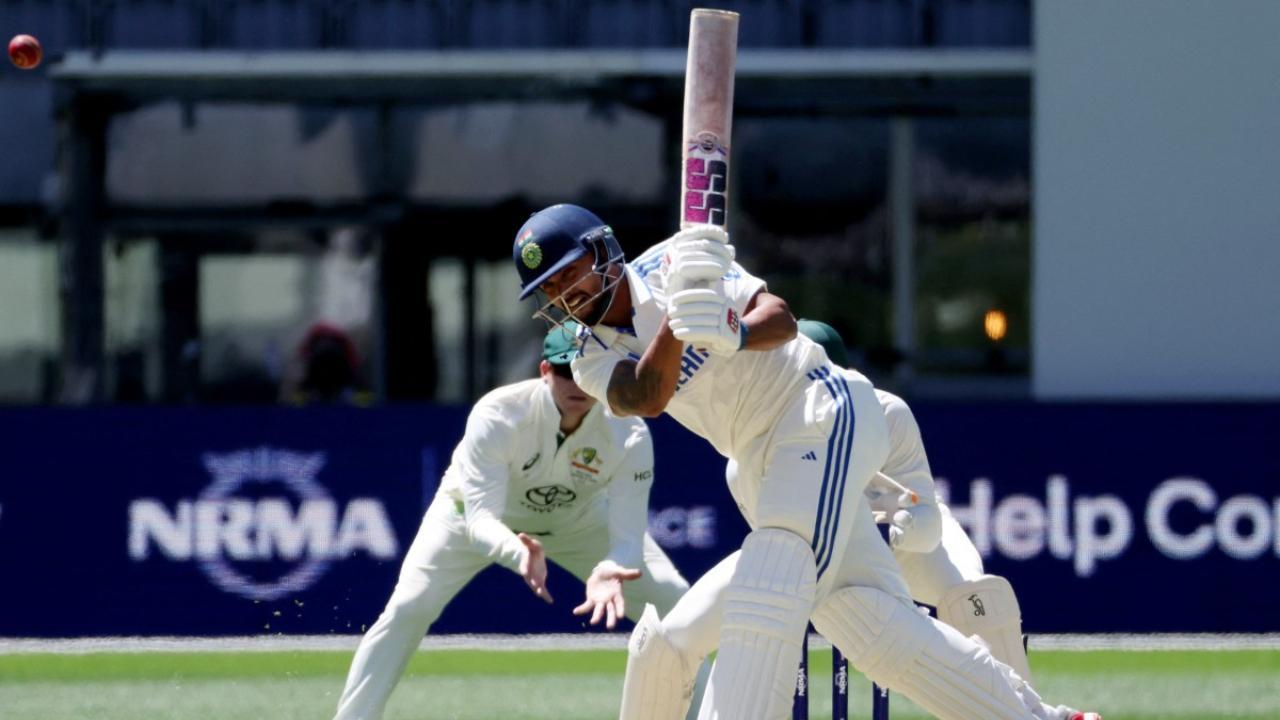
Maro Itoje says playing for England is "the Mecca" for him and his team-mates after reports a rebel breakaway league is attempting to sign up the game's superstars. The Rugby Football Union (RFU) has a policy of only selecting players for the national team from English clubs, meaning joining any global start-up competition would put a Test career on hold. "I don't really know any of the details of it as yet, but wearing this rose is extremely important to me and my team-mates," said Itoje, who added that he first heard of a potential breakaway league via media reports.
"Playing for England is the Mecca." In October, second row Itoje was announced among a group of players to sign a landmark Elite Player Squad contract with the RFU, giving the national team greater control over their preparation and conditioning. The 30-year-old also agreed a new long-term deal with Saracens in January and was named captain of the club at the start of this season.
According to the Times, , external the proposed new league would consist of eight men’s franchise teams, playing a 14-round globe-trotting season, with each set of games being held in a different city. The reports suggest the lure of money - with 40 £1m-a-season contracts reportedly on offer for marquee players - and greater periods of rest, will attract big names. The English Premiership currently has an 18-round regular season, with post-season play-offs and European action adding to player schedules.
The French Top 14 has even higher demands with 26 regular-season games for each club. While a new global tournament would be staged away from international windows, the different selection policies of each nation would affect whether those involved could play Test rugby. Five of South Africa's starting XV in their win over England on Saturday play their club rugby in Japan, with coach Rassie Erasmus free to select players from around the globe.
However, New Zealand and Ireland, like England, only select players playing in their domestic league, meaning that any players who join a rebel league would be ineligible under current policy. Wales and Australia have less stringent restrictions on overseas players coming into their national set-up. Chris Jones - BBC Sport rugby union correspondent Given rugby union's recent history of potentially-revolutionary ventures failing to get off the ground, supporters and players can be forgiven for treating this latest project with caution, especially as sources involved in the process have said it remains in the "very early stages of development".
But considering the sport's precarious financial situation – especially at domestic level – nothing is off the table. While plans for the new competition remain embryonic, those involved insist there is money behind it, with that financial backing understood to be coming principally from the United States, rather than the Middle East. While the money and reduced workload will appeal to players, it's hard to know how it will land with consumers, especially if the games are staged in areas without a strong existing supporter base.
Cricket's Indian Premier League is an example of a freshly created franchise tournament that changed the nature of the sport forever; but this took place in India, an enormous market already obsessed with cricket. What is rugby's equivalent? Furthermore, there is the problem of whether this will be sanctioned by World Rugby. While individual unions could still choose whether to select players involved, if the world governing body refused to approve it, there would be major issues around player insurance and injury liability, officiating, and anti-doping.
Given the problems the sport has faced, any interest in it has to be welcomed, and the fact talks have been ongoing over a British and Irish league recently show that bold and ambitious thinking is needed to safeguard rugby's future. But whether this rebel league is the answer, is the million-dollar question..














